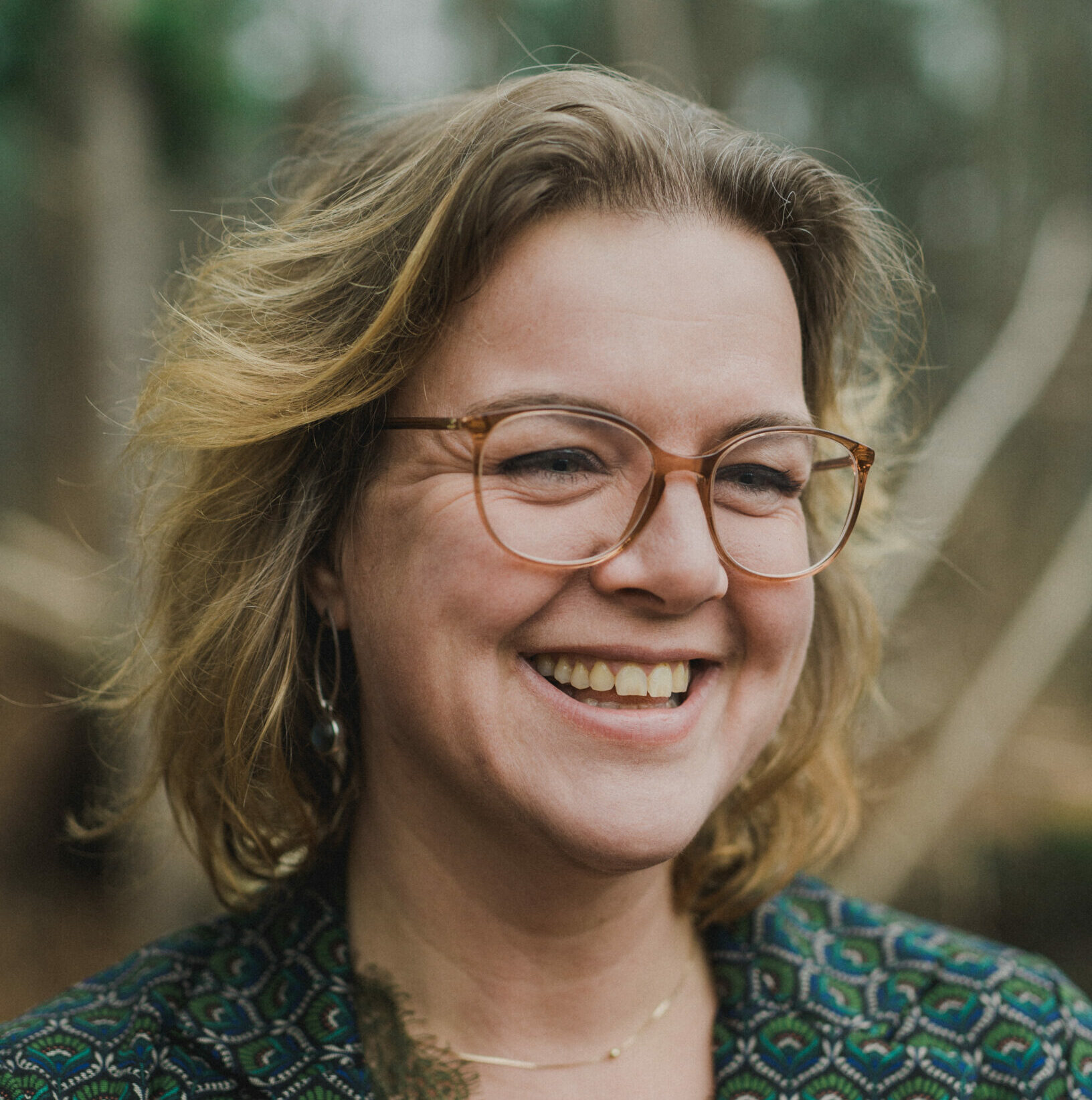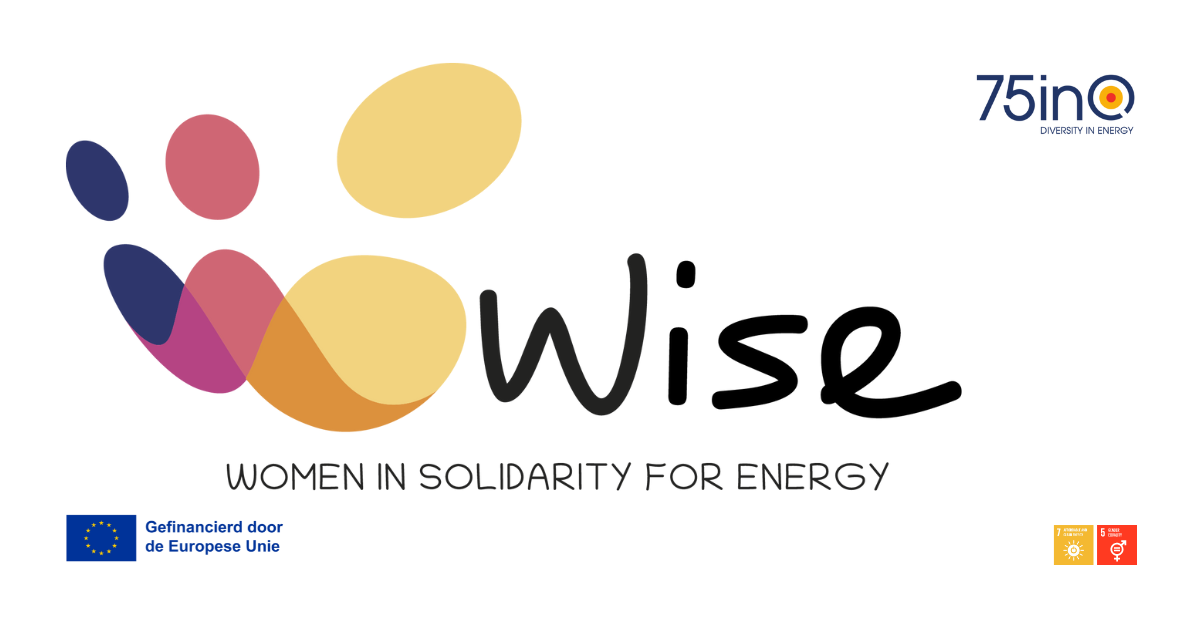hidden faces of energy poverty
Publication
Interviews: Marga de Waard
Photographer: Jaap Vork
Layout: Pleun de Goede
Project coordinator: Willemijn Bloem
May 2025
Citation
Verborgen gezichten van energiearmoede, 75inQ
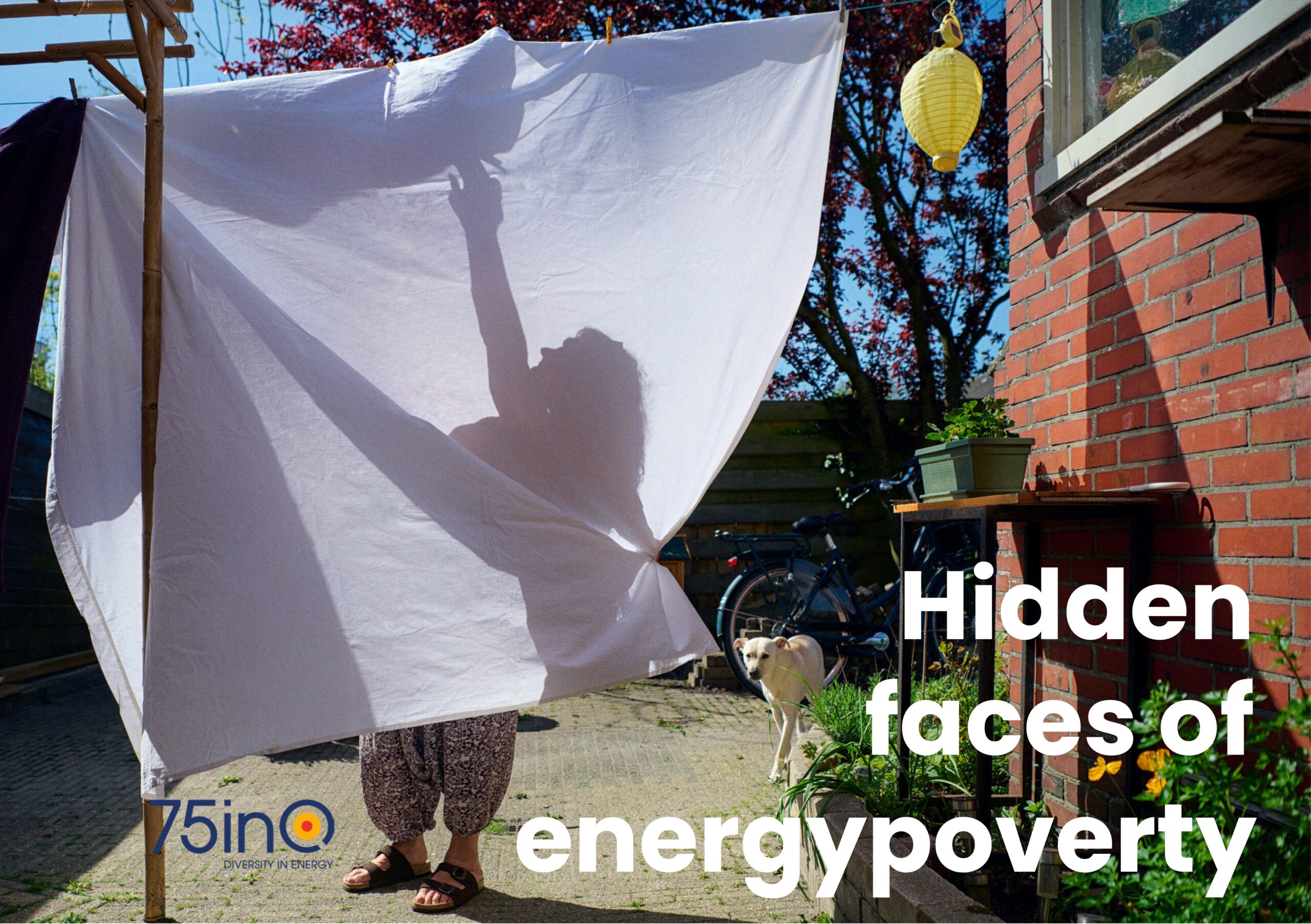
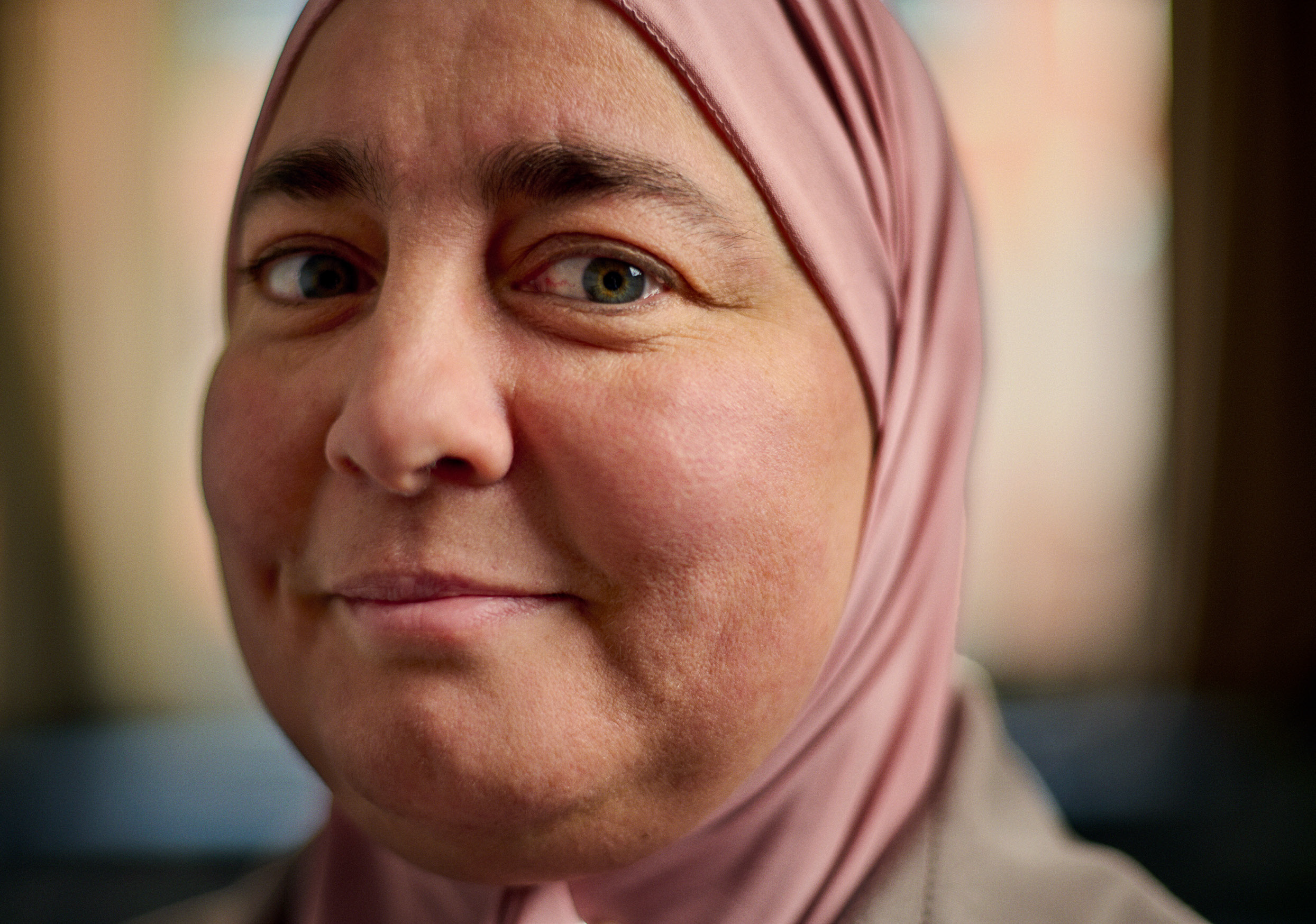
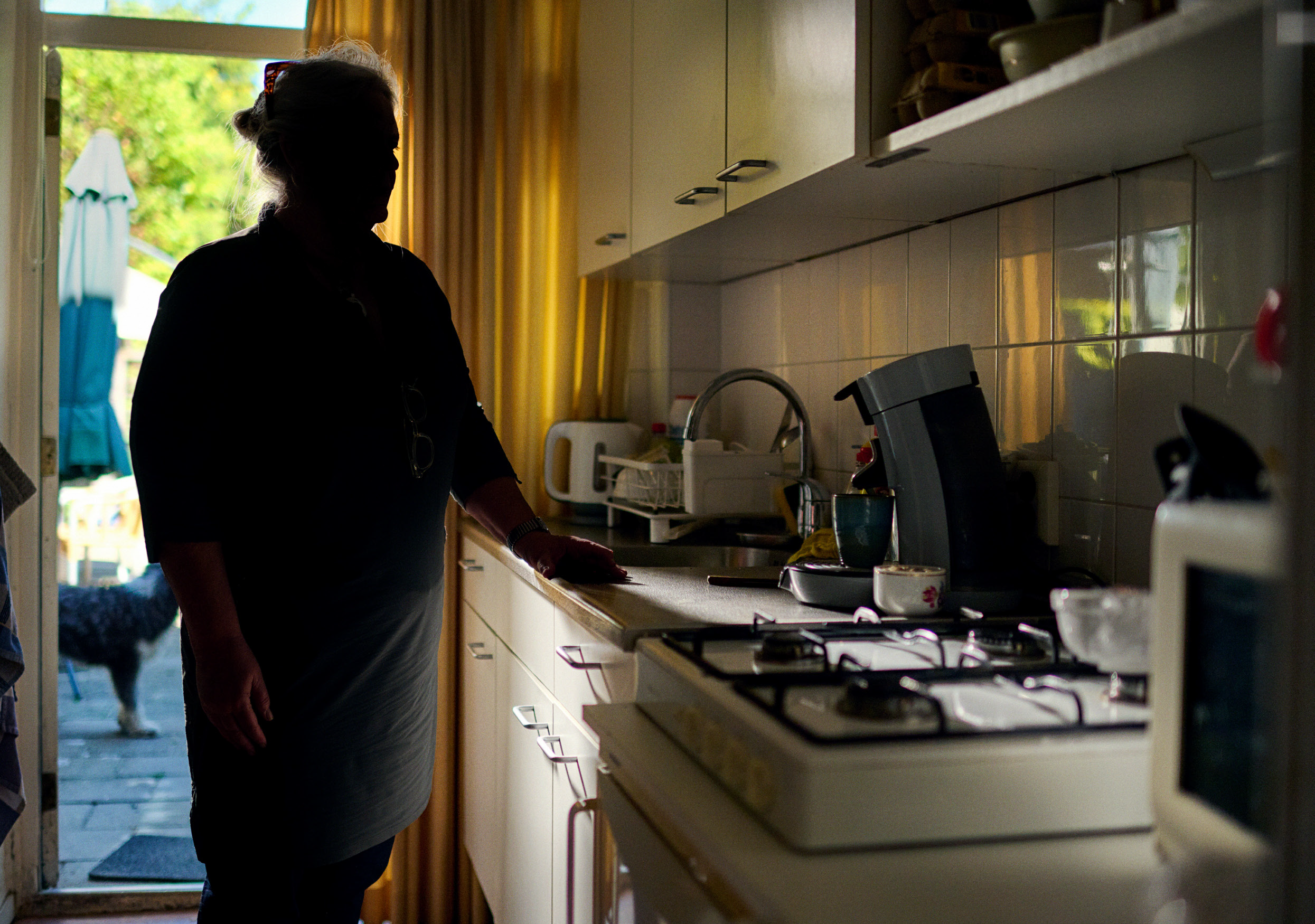
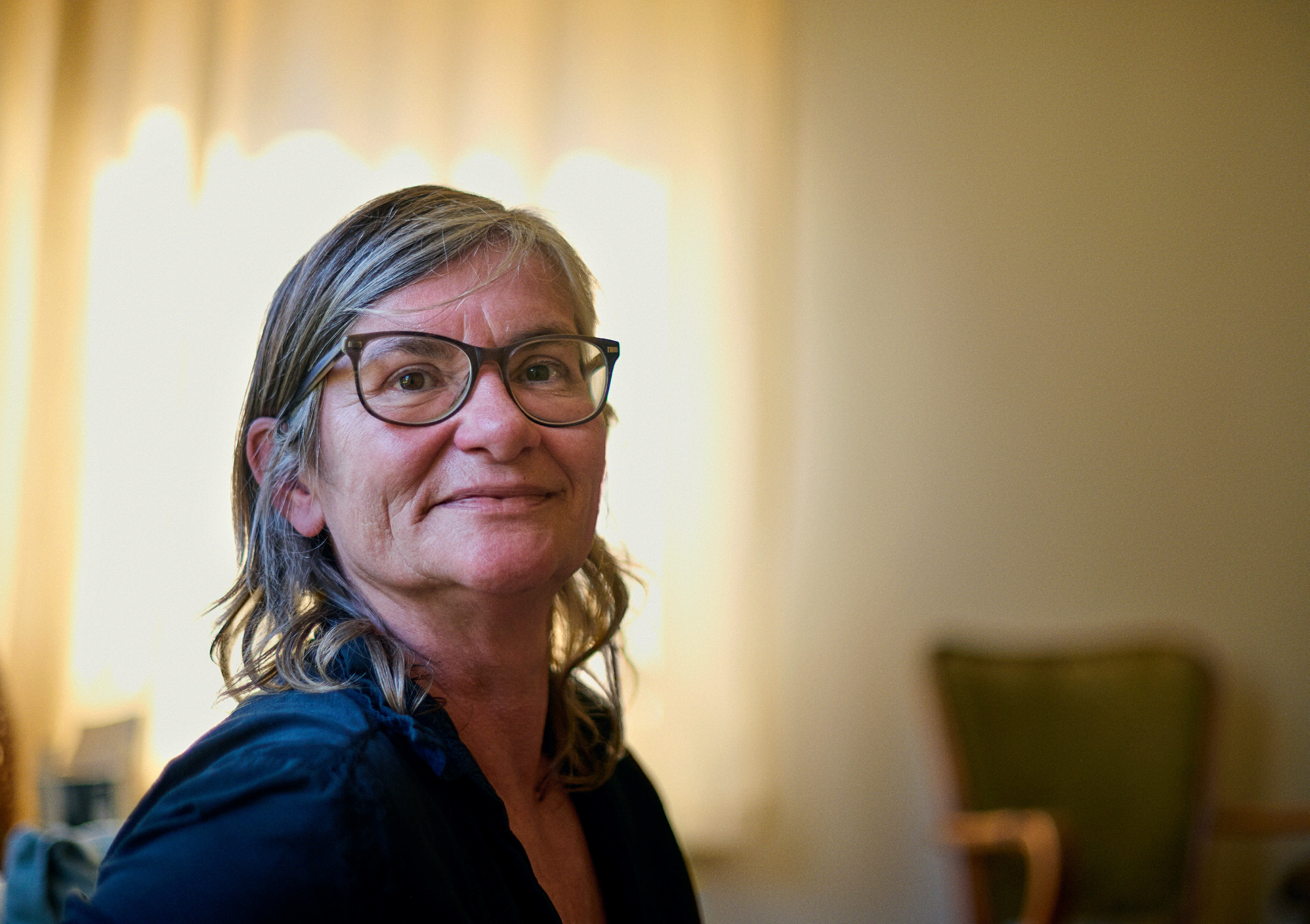
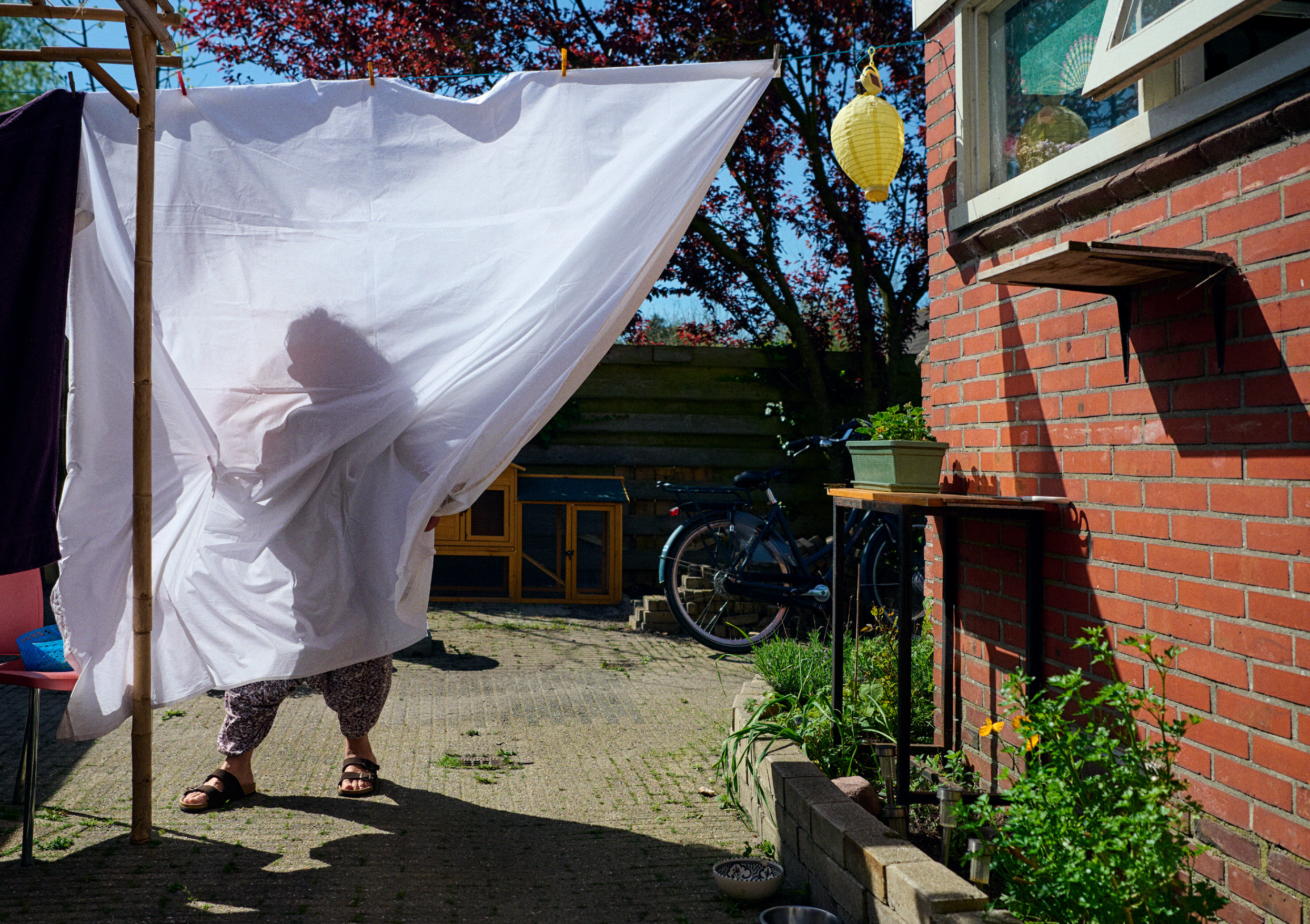
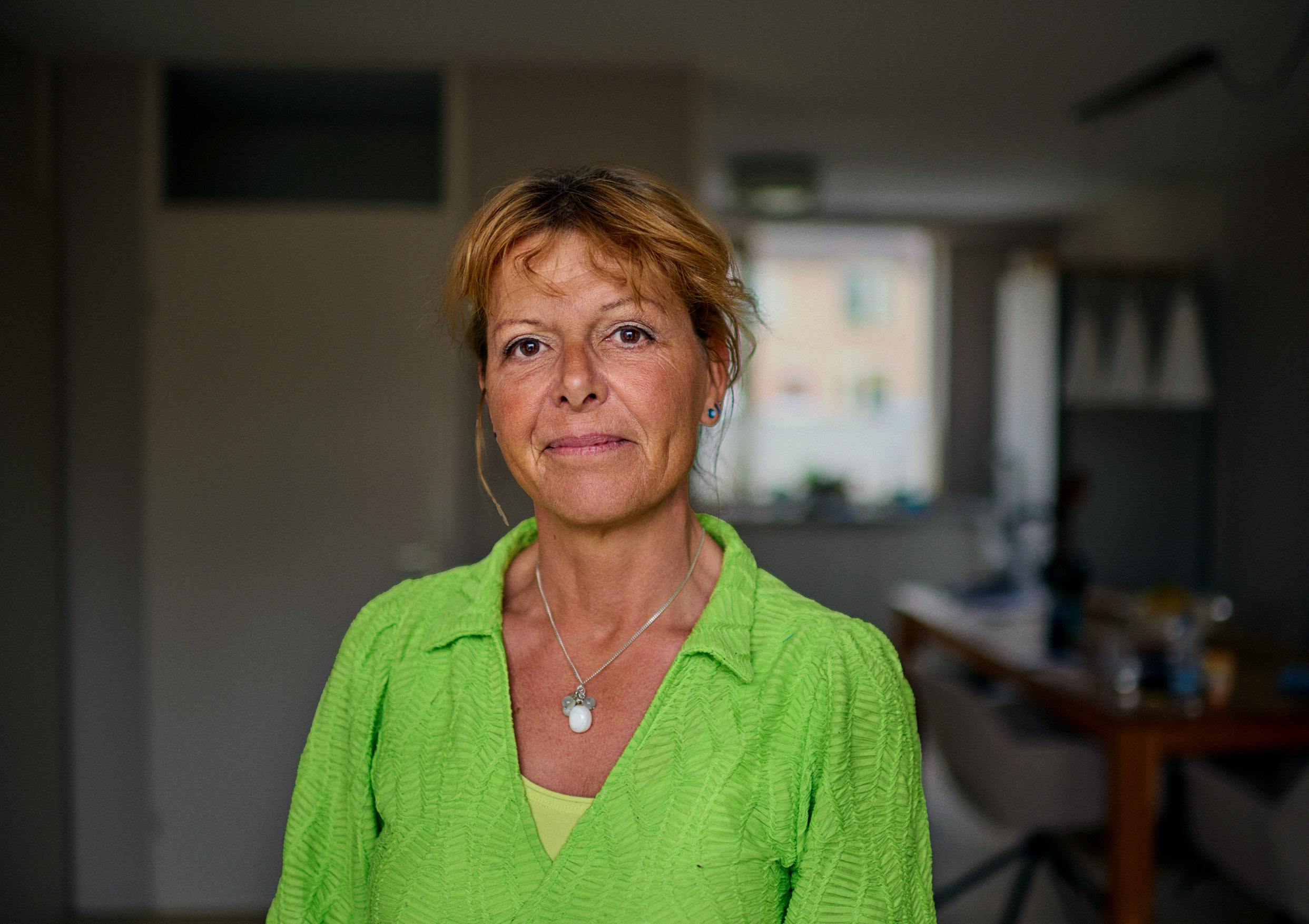
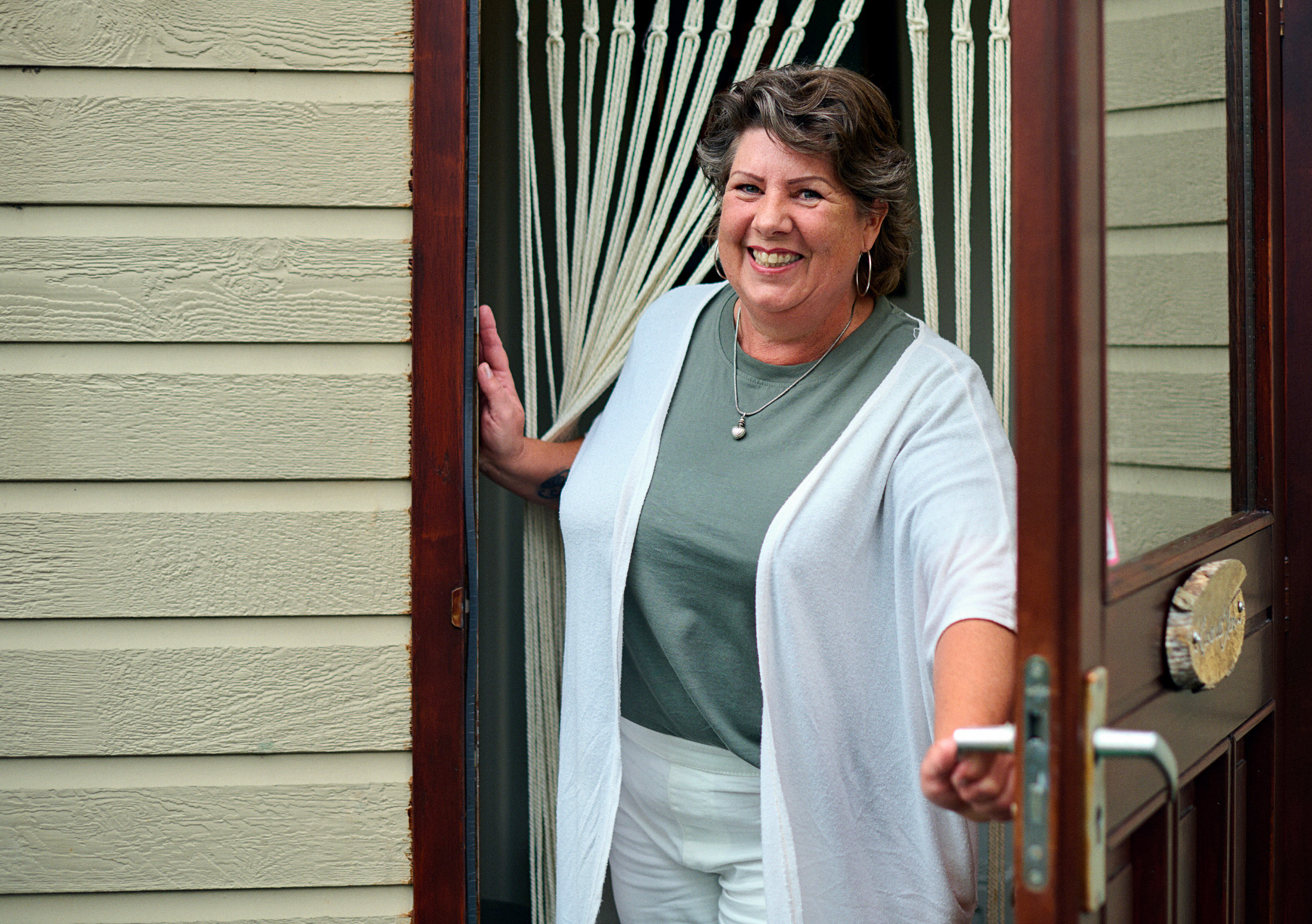
Preface
Women are disproportionately affected by the energy crisis. The persistent gender income gap, combined with greater caregiving responsibilities for children and/or elderly family members, the overrepresentation of women in (social) rental housing, and the demographic fact that women live longer than men, all contribute to more women living in energy poverty. While the EU average shows that around 8–10% of households experience energy vulnerability, the numbers rise dramatically for single women. Estimates suggest that 31% of all single women cannot afford to heat their homes adequately or are delaying paying their energy bills. Narrow the focus to single mothers, and that number rises to 44%.
This magazine delivers an urgent message: energy poverty policy must change and improve to stop leaving these women out in the cold. How? By engaging in dialogue and truly listening to the experiences of those directly affected. We reveal the face of energy poverty through the stories of resilient women who are fighting—or have fought—to keep their energy bills affordable. Many of these stories remain untold, and as a result, they are often unfamiliar terrain for policymakers, social workers, and energy providers.
Houria puts it clearly: “Poverty isn’t simply a matter of poor financial decisions; it’s often caused by external forces such as flawed legislation and inadequate support systems.”
These interviews show the shared struggle of women who, due to complex circumstances, have relied on social benefits, subsidies, or even debt counseling. They face poor housing conditions and often carry the responsibility of caregiving or raising children on their own.
The stories in this magazine make one thing unmistakably clear: energy is not a luxury, and poverty is not a choice. Let these powerful testimonies inspire policymakers to create a more just energy policy—one in which everyone has access to affordable energy for a dignified life. As Riane aptly puts it: “Everyone deserves a place to unwind without having to worry about whether they can afford to turn on the heating or take a shower.”
Dr. Mariëlle Feenstra
Scientific Director 75inQ
Epilogue
With this project, we aim to increase the visibility of energy poverty by sharing personal stories. The stories you have read were told with care and deep involvement by women who have struggled with this situation over long periods in their lives. Their openness provides invaluable insight into the impact of energy poverty on daily life.
By giving these stories a platform, we want to raise awareness, but also to foster greater understanding and solidarity.
This magazine is a publication by 75inQ, an independent knowledge institute for an inclusive energy transition. We are committed to increasing diversity in the energy sector and promoting a just and inclusive energy transition.
This publication was made possible by support from the Shell Impact Fund and the European Union. In September 2024, the two-year project Women in Solidarity for Energy (WISE) was launched, funded by the EU’s Citizens, Equality, Rights and Values (CERV) programme. This collaborative project brings together nine NGOs and academic institutions from seven EU countries (Bulgaria, France, Greece, Hungary, Italy, Croatia, and the Netherlands) to research and advocate for the right to energy, address energy poverty in Europe, and increase women’s participation in the energy transition—with a specific focus on female-headed households. Our focus includes the right to energy for students, elderly women, single mothers, and female refugees.
We sincerely thank all the women interviewed for their willingness to share their experiences with us. Some chose to do so under a pseudonym.
Marga de Waard wrote the interviews. Jaap Vork captured the women in powerful portraits. Pleun de Goede designed the layout. Willemijn Bloem is the project coordinator for WISE and for this publication.
No part of this publication may be reproduced or shared without proper reference.

